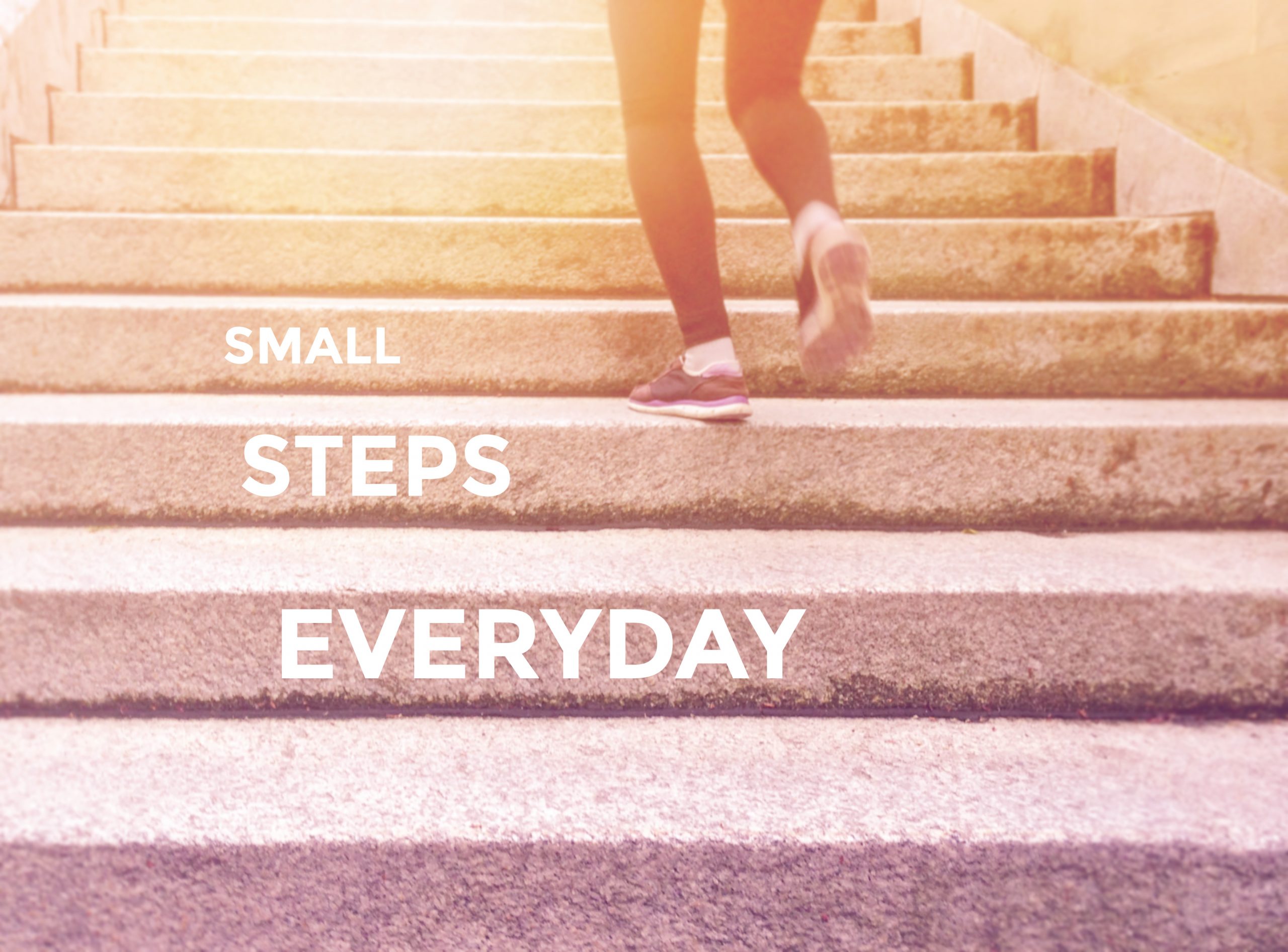Year over year, the statistics tell the story of a very sick America. The numbers tell of six in ten adults in the US suffering from chronic diseases, and four in ten adults having two or more, according to the CDC. We read about the economic impact of these diseases with estimations that the cumulative loss to the global economy could reach as high as $47 Trillion by 2030. Covid-19 has magnified this real problem with the majority of deaths occurring in individuals with co-morbidities or pre-existing chronic disease conditions. The sad reality behind all of this is that genetic factors are not the primary cause of these chronic diseases. They are largely lifestyle-based and result from behavioral choices rather than genetic disposition.
The CDC pinpoints a number of major factors that contribute to chronic disease, among the list are:
- Tobacco use, and exposure to secondhand smoke
- Poor Nutrition, including diets low in fruits and vegetables and high in sodium and saturated fats
- Lack of physical activity
- Excessive alcohol use
I would venture to say that list isn’t very surprising. I would even say that the average American is aware of the bad habits that they are engaged in that are robbing them of their health and vitality. What they need is not so much to be told what they need to do or what to avoid, but they need help in doing what they already know to do.
Health Coaching Can Fill the Gaps
The time Physicians spend with their patients is estimated to be between 13 and 28 minutes. About 1 in 4 physicians spend less than 12 minutes, and roughly 1 in 10 spend more than 25 minutes. The reality is that this does not afford the Physician the time to really work with patients on accessing and implementing the lifestyle and behavioral changes that are needed. The doctor, at the most, is able to make some quick recommendations and the patient is left to fend for themselves and figure out how to execute on them.
Change Isn’t Easy
If you’ve ever tried to give up a bad habit or to start a new one, you know what many others know, change is not easy! Even when all the facts are staring you in the face and you see the reason why a change is good, the process of change isn’t easy. Health Coaches understand this. Any Health Coach that has gone to a reputable training school learns about the Transtheoretical Model of Change and understands the stages of change. This enables them to strategically work with the client to establish goals and achieve lasting change. The clinical psychologist, Joseph Luciani said, “there isn’t a shortage of desire for change, it’s the mind that needs to be trained.”
Two is Better Than One
The concept of coaching is not something new. In the world of sports, coaches have worked with athletes to achieve incredible successes. When viewed in light of health, a good coach can help an individual change their health outcomes and thrive. In health coaching, the client is the driver and sets their own goals. The coach works with the client in developing realistic strategies to arrive at these goals, as well as hold them accountable. The Health Coach serves as a partner who is fully invested in helping the client overcome the obstacles between them and the health they have always dreamed of.
The Results of Coaching
Health Coaching has been around for a number of years, and with each succeeding year, it has grown in popularity. But what does the evidence say?
- The American Medical Association says “the use of health coaches in a physician-led, team-based care model has been shown to help improve outcomes for patients with chronic conditions such as type 2 diabetes and hypertension.
- According to a recent study, coaching “results in clinically relevant improvements in multiple biomarker risk factors (including systolic and diastolic blood pressure, total cholesterol, LDL cholesterol, HDL cholesterol, triglycerides, fasting glucose, body weight, body mass index, waist circumference, and cardiorespiratory fitness) in diverse populations.” Coaching has also helped improve health-related quality of life and reduced hospital admissions in patients with COPD.
- Harvard Medical School shared, “Coaching appears to be as effective when administered remotely by phone or the Internet when compared with face-to-face coaching. This provides great flexibility, as coaching can be performed in person, over the phone, or via videoconferencing.”
Are you ready?
If you are ready to discuss how health coaching can revolutionize your life and move you closer to your goals, let’s chat.



